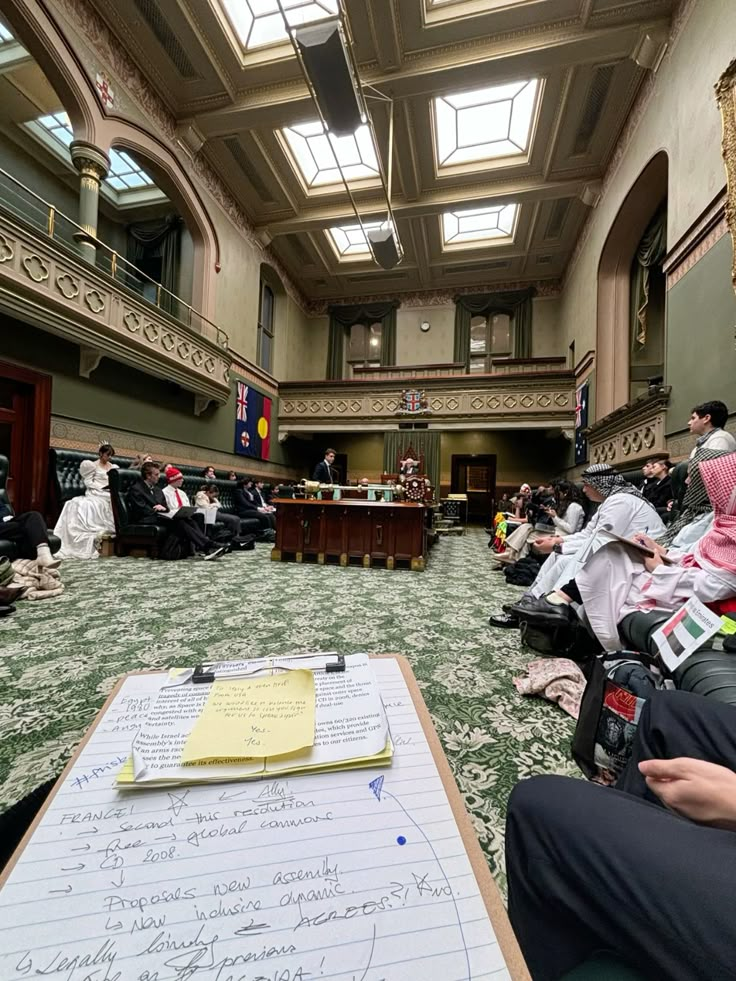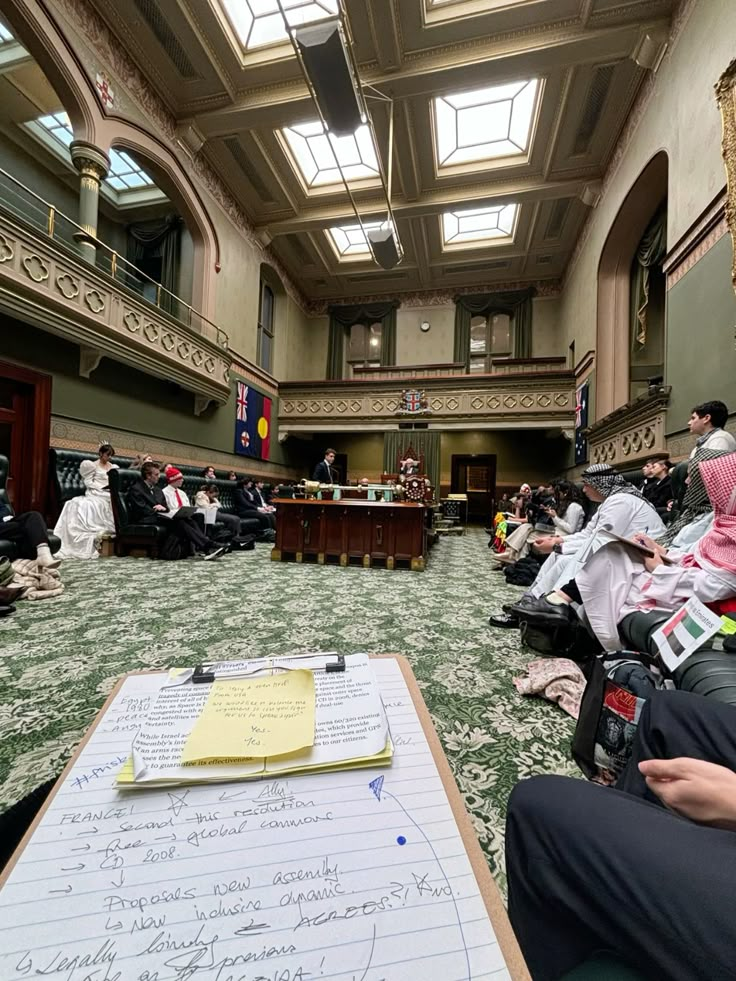Free Markets and Food Riots: The Politics of Global Adjustment

- Repoter 11
- 04 Jan, 2025
The global push toward free markets, particularly during the late 20th century, was seen as a pathway to economic growth, efficiency, and integration. Through structural adjustment programs (SAPs) promoted by international institutions like the International Monetary Fund (IMF) and the World Bank, many countries were encouraged or even forced to liberalize their economies, reduce state intervention, and open markets to global competition. However, the transition to free markets often came with significant social and political costs. As governments implemented austerity measures—cutting subsidies on essential goods like food and fuel—ordinary citizens bore the brunt of economic hardships. In many developing countries, these sudden and severe reforms led to widespread dissatisfaction and, ultimately, to food riots and mass protests. Food riots became a powerful symbol of the political consequences of global economic adjustment. They highlighted the vulnerabilities of poor populations who relied heavily on government support for basic needs. The removal of subsidies, currency devaluations, and public sector layoffs caused immediate price spikes for necessities, making survival precarious for millions. These protests were not merely spontaneous expressions of hunger; they were political acts of resistance against policies perceived as favoring international creditors and local elites over the needs of ordinary people. Moreover, the outbreaks of social unrest challenged the narrative that free markets would naturally lead to prosperity for all. Instead, they revealed that market reforms, when pursued without adequate social protection, could deepen inequalities and destabilize societies. Political leaders often found themselves caught between pressures from international financial institutions and the demands of their own populations, creating a tense and sometimes explosive political environment. In conclusion, "Free Markets and Food Riots" illustrates how economic liberalization, when implemented without attention to social justice and political realities, can provoke widespread unrest. It serves as a reminder that markets are embedded within political and social contexts, and that successful economic reforms must balance the goals of efficiency with the needs for equity and political legitimacy.
Leave a Reply
Your email address will not be published. Required fields are marked *




